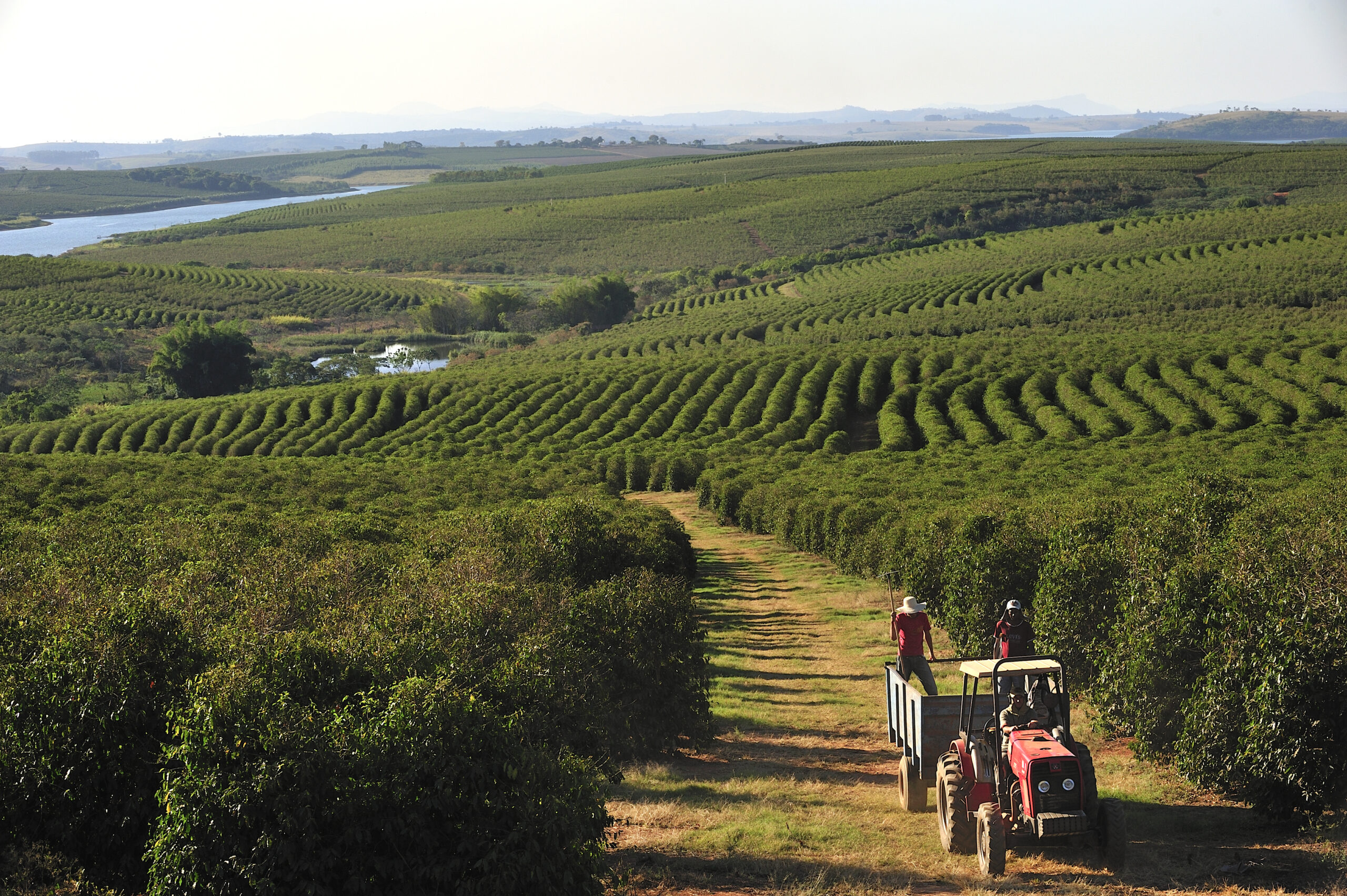|
Selected current projects
Good labour rights practices – on-line learning
We have collaborated with IPIECA and Building Responsibly to develop an extensive training on labour rights in the oil, gas and energy industry. The result is an interactive e-learning solution, which will support on site practitioners in learning the foundations of good labour rights practices, helping them identify red flags, providing them with practical steps on how to address industry-specific risk and solidifying understanding of opportunities derived from best practice. The training spans from an introduction to labour rights, through modules on core labour rights and beyond, including modules on important topics such as understanding how labour rights and procurement are intertwined and on fair recruitment. The training will be launched in the coming weeks. Contact Estefania Murray for more details.
Assessing human rights impacts – food and agriculture
We are just completing several human rights impact assessments (HRIAs) in food and agricultural commodity supply chains including bananas, avocados, Brazil nuts and coffee from various sourcing countries. These have been commissioned by European supermarkets and the results will be published in the next few months. They follow our standard methodology including supply chain analysis, stakeholder engagement, field visits (where possible), impact ranking and mitigation recommendations. We also have three other HRIAs ongoing, covering citrus fruit, fish & seafood and tea. This work is being led by Brett Dodge and Catherine Morgans.
Integrating human rights issues into corporate practices
Alongside human rights assessments of supply chains, many businesses are now using a human rights lens to review their core functions. We have been working with several major international corporations to help them incorporate human rights considerations into business functions such as procurement, research & development, recruitment and human resource management. Typically these have involved deep engagement with relevant global teams, internal surveys, workshops and development of collaborative recommendations. We have ongoing assignments with clients in the pharmaceutical, hygiene, finance and fast food sectors. More information from Steve Gibbons.
‘Base of the pyramid’ – moving people out of poverty
Ergon has been commissioned by IFC to lead a research project to explore the role of the private sector and investors in improving the quality of work and livelihood opportunities for low-income workers at the base of the economic pyramid (BOP), ultimately helping them transition out of poverty. Building on IFC’s work on inclusive business the research will focus on the practices of market-leading private enterprises that demonstrably contribute to better jobs and livelihoods for low-income workers in ways that also create value and generate concrete business benefits for firms. The findings of the research will be published by the IFC in a global report later in 2022. Contact Sam Kelly for more information.
Decent Work Country Programme – The Bahamas
Earlier this year, we supported the ILO and its tripartite partners in the development of a new Decent Work Country Programme for The Bahamas. This involved detailed analysis of the social and economic background, support for social partner dialogue and development of national policy recommendations. Sam Kelly and Kirsten Newitt led this work. |



